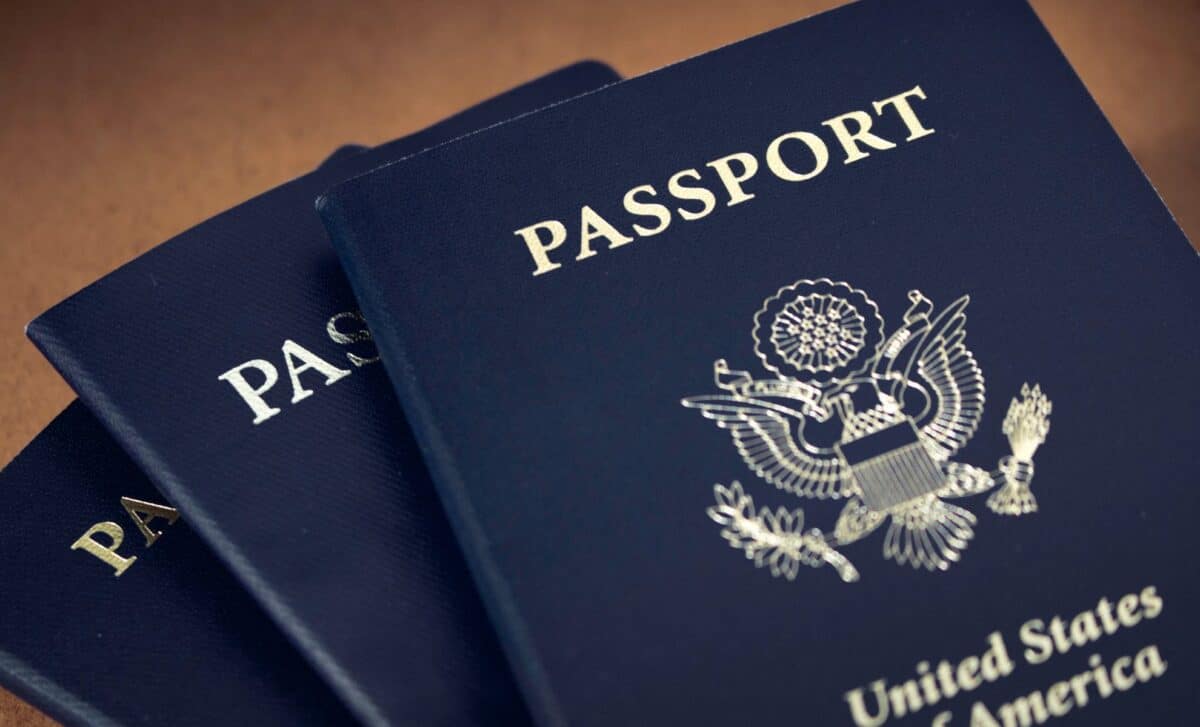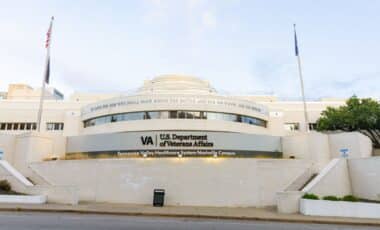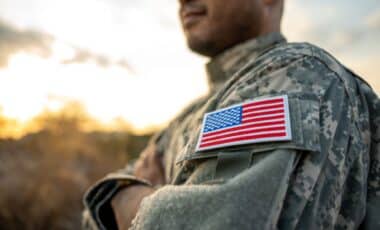After nearly two decades of delays, REAL ID compliance is now mandatory for domestic air travel in the United States. While alternative identification will still be accepted, passengers without REAL ID may face longer screening times and additional checks at security.
Introduced as a post-9/11 security measure, the REAL ID Act was signed into law in 2005. Its enforcement was repeatedly postponed, but the deadline has now taken effect across the country. The measure is intended to standardise identity verification procedures at federal facilities, including airports.
Travellers lining up across the US this week have faced long queues at DMVs and designated centres to obtain their compliant documents.
According to the Transportation Security Administration (TSA), only state-issued ID cards and driving licences bearing the star symbol — indicating REAL ID compliance — are now accepted for boarding domestic flights. Passports and other federally recognised documents remain valid alternatives.
New Regulations Begin After Nearly 20 Years of Postponement
The REAL ID Act, passed by Congress in 2005, was based on recommendations from the 9/11 Commission, which called for stricter verification of identification used to access federal sites and services.
Enforcement of the act was delayed multiple times due to logistical challenges at state and federal levels. As of this week, travellers must present a compliant form of ID at TSA checkpoints or undergo additional screening procedures.
According to Homeland Security Secretary Kristi Noem, 81% of travellers in the US already hold a REAL ID. Those without it can still fly domestically if they provide an alternative form of identification, such as a US passport or tribal ID.
However, they may be diverted to separate queues and required to complete further identity verification. The TSA has urged passengers without a compliant ID to “arrive early and be prepared” to avoid delays at airports.
In several states, local authorities have extended DMV office hours to manage the surge in last-minute applications.
In Chicago, a designated Real ID Supercenter was opened to accommodate walk-ins, while states like California and New York reported high volumes of appointments. In Minnesota alone, REAL ID applications more than doubled between February and April, according to the Department of Public Safety.
Alternative IDs Accepted but Additional Checks Expected
Although REAL ID is now the standard, travellers without one are not being turned away at airports.
According to TSA deputy administrator Steve Lorincz, passengers arriving with non-compliant documents will still be processed, albeit with further identity verification and possible delays. Staff have been deployed to assist at security checkpoints nationwide, and signs have been posted to guide those unsure of the requirements.
Accepted forms of identification at TSA checkpoints include US passports, passport cards, permanent resident cards, and veteran ID cards. Temporary paper IDs and expired documents will not be accepted. The TSA has advised individuals to check their ID status through its online tool before travelling.
State governments continue to process applications, and officials recommend that individuals without imminent travel delay their REAL ID applications to avoid current backlogs.









